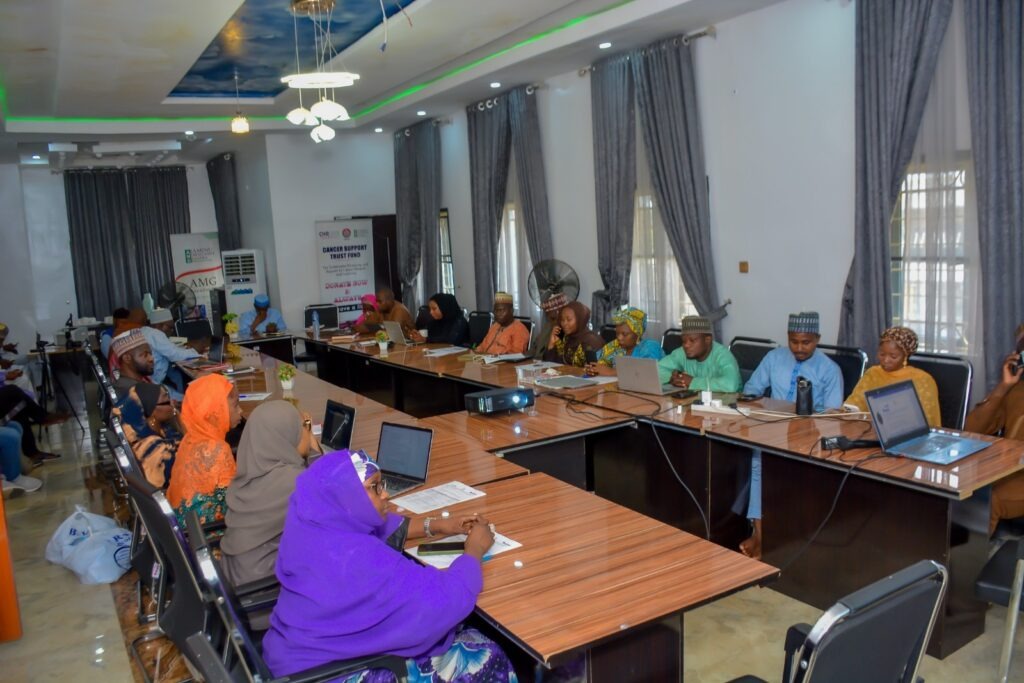AHBN hosts 3rd quarterly review meeting on immunization in Kano
The Africa Health Budget Network (AHBN) on Saturday held the third quarterly review meeting of the Zero Dose Learning Hub (ZDLH) Community of Practice (CoP) at its Kano office, bringing together key stakeholders to deliberate on immunization issues, budget tracking, and the successes and challenges of ongoing efforts to reduce the number of zero-dose children in the state.
Speaking during the meeting, Dr. Musa Bello, the state focal person for AHBN, highlighted the progress made in reducing the number of zero-dose children in Kano. He described the achievement as significant but cautioned against over-reliance on donor funding.
According to him, donor-supported programs often experience setbacks once funding comes to an end, leaving immunization activities vulnerable.
“There has been a lot of dependence on donor funding, and the implication is that when this funding ends, the activities to strengthen immunization also stop.
“That is why we are calling on the government to increase its financial commitment to immunization and ensure that available funds are adequately utilized for planned activities,” Dr. Bello said.
Also speaking, Salisu Yusuf, the Co-chair representing Civil Society Organizations (CSOs) in the CoP, commended the outcomes of the quarterly review, describing the journey as “rewarding” with measurable impact.
He announced that Sumaila Local Government Area (LGA), which had previously been categorized as a zero-dose LGA, has now been officially delisted due to consistent advocacy, awareness, and increased immunization uptake.
“This is a success story for the CoP. However, our work does not stop here. Kumbotso LGA is now the next target, and we are determined to replicate the success recorded in Sumaila. Beyond these two LGAs, our objective is to expand the impact across other LGAs in Kano so that the state can progressively be declared free of zero-dose children,” Yusuf explained.
The meeting also served as a platform to evaluate ongoing strategies and identify areas that require improvement.
Stakeholders emphasized the importance of government ownership of immunization programs, collaboration with traditional and religious leaders for grassroots sensitization, and the need for continuous budget advocacy to strengthen routine immunization.
CoP members agreed that while progress has been made, sustained efforts and local government funding will be crucial to achieving lasting results in Kano’s fight against zero-dose cases.


